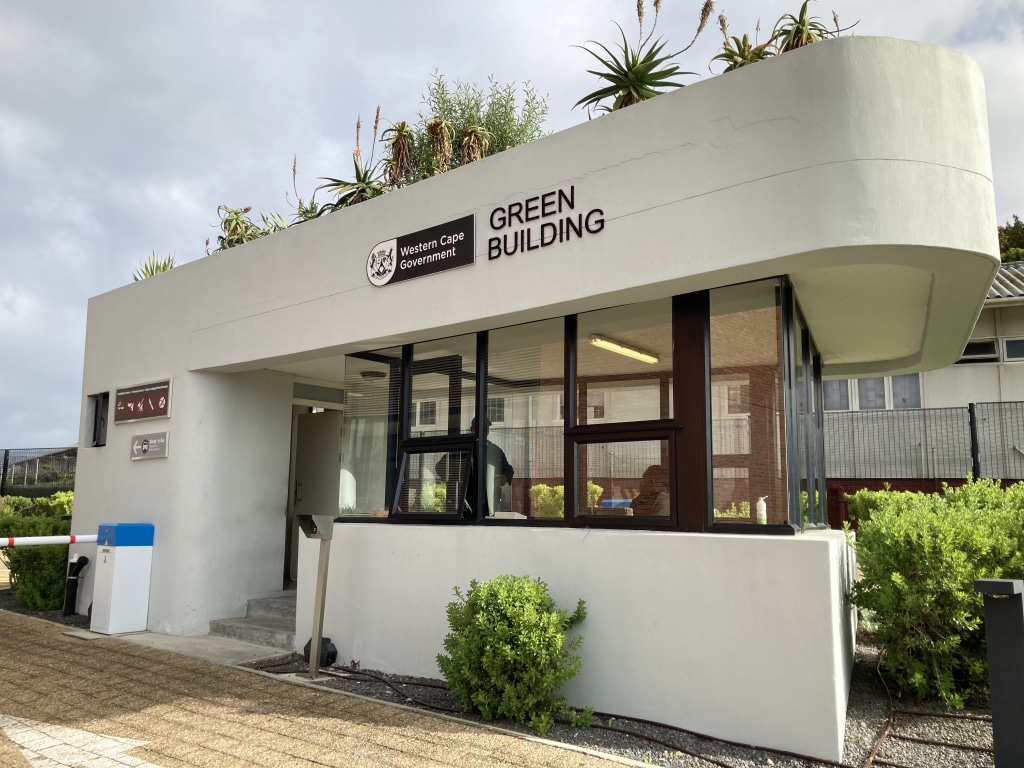It’s a significant step towards “net zero” in South Africa. As part of the UK’s Partnering for Accelerated Climate Transitions (PACT) program, the Green Building Council South Africa (GBCSA) and the UK-based Carbon Trust have signed a partnership to improve energy efficiency in South Africa’s building stock.
“Knowing the energy performance of a building allows potential buyers and tenants to make informed decisions. And so, because of their significant contribution to the greenhouse gas (GHG) emissions profile, buildings are a key part of South Africa’s decarbonization challenge,” explains Jonathan Booth, project manager at the Carbon Trust.
The scheme, which is already being piloted in 30 South African buildings, is based on energy performance certificates (EPCs), a regulation that has been in force since 2020 and with which public sector buildings over 1,000 square meters and private sector buildings over 2,000 square meters must comply by December 2022.
With the new partnership, the scheme will move towards carbon neutral consumption through energy efficiency, renewable energy and carbon offsets. The EPCs will also provide critical data to assess and monitor the proportion of the country’s emissions that can be attributed to buildings, and how energy efficiency can positively impact South Africa’s nationally determined contribution (NDC).
Read also-AFRICA: Power & Electricity World forum will be held in August 2022 in Johannesburg
As a reminder, energy efficiency refers to the ratio of the useful energy produced by a system to the total energy consumed to operate it. According to the energy efficiency approach in buildings (housing and other infrastructure), the structures built are “zero energy” buildings, producing as much energy as they consume.
Benoit-Ivan Wansi
